Published: June 18, 2025 | By: [Gunjan]
Introduction: A Quiet Revolution
Artificial Intelligence (AI) is no longer a distant dream or a futuristic concept confined to science fiction. It’s a living, breathing part of the modern world—powering everyday applications, driving business innovation, and subtly changing the way we live.
You might not see robots walking down your street (yet), but Artificial Intelligence AI is embedded in your smartphone, streaming apps, smart devices, and even your morning commute. As AI continues to advance at breakneck speed, its impact on our lives is growing deeper and broader than ever before.
In this post, we’ll explore how AI is reshaping daily life—often in ways we don’t even realize.
LEARN MORE : https://digitalmohit.co.in/
1. Smart Assistants and Homes: AI at Your Fingertips
Voice-activated AI assistants like Amazon Alexa, Google Assistant, and Apple’s Siri have become household staples. These intelligent systems can do more than just play music—they act as personal assistants, home controllers, and gateways to the internet.
Here’s what they can do:
- Turn lights and appliances on/off
- Set reminders and calendar events
- Deliver personalized news or weather updates
- Adjust thermostats to optimize energy usage
- Lock doors and monitor security cameras
With the help of machine learning (ML) and natural language processing (NLP), these systems learn your preferences over time, improving their responses and automating your environment to match your habits.
2. Personalized Recommendations: The Algorithms Behind Your Screen
Ever wonder how Netflix always seems to know what show you’ll love next? Or how YouTube lines up video after video that matches your taste?
That’s AI in action.
Machine learning algorithms analyze your browsing, watching, and buying patterns to deliver highly personalized experiences. From shopping on Amazon to scrolling on TikTok, every click trains the Artificial Intelligence AI to know you better. Companies use these insights to:
- Boost engagement
- Deliver targeted ads
- Enhance user experience
- Increase conversions and sales
This personalization may seem small, but it significantly shapes what content and products you interact with every day.
3. Healthcare: AI Saving Lives and Improving Wellness
AI is transforming healthcare with more accuracy, faster diagnosis, and preventative monitoring.
Here’s how AI is already being used in the medical field:
- Early disease detection through image recognition (e.g., detecting cancer in radiology scans)
- AI chatbots that assist patients in triaging symptoms and booking appointments
- Predictive analytics that help hospitals manage resources more efficiently
- Wearable health devices like smartwatches that track heart rate, sleep, oxygen levels, and even detect abnormalities
Companies like Apple, Fitbit, and Garmin are integrating AI to not only track health but also alert users and doctors in real-time to potential health risks.
4. Transportation: Smarter, Safer, and More Efficient
The transportation industry is being revolutionized by Artificial Intelligence AI. From traffic management systems to autonomous vehicles, AI is making travel more intelligent and sustainable.
Some practical examples include:
- Navigation apps (like Waze and Google Maps) that use AI to reroute drivers in real time
- Ride-sharing services like Uber and Lyft that use AI to match drivers and passengers and calculate optimal routes
- Self-driving cars being tested and deployed by companies like Tesla and Waymo
- AI-enhanced traffic lights and smart infrastructure improving urban mobility
Though fully autonomous cars are still evolving, semi-autonomous features—like lane-keeping, adaptive cruise control, and auto-braking—are already on the roads.
5. Communication and Productivity: The Rise of AI Tools
AI is not just about automation—it’s about augmentation. From emails to documents, AI tools are helping people work smarter.
Examples include:
- Email filtering and auto-replies in Gmail and Outlook
- AI writing assistants like Grammarly and ChatGPT that help with writing, editing, and generating content
- Smart scheduling tools that find the best meeting times across calendars
- Voice-to-text transcription in real-time for meetings and interviews
In the workplace, AI is also used for task management, forecasting, and decision support, allowing teams to focus on strategic work instead of routine tasks.
6. Finance and Banking: Smarter Money Management
AI in finance has brought automation, security, and personalization to the forefront.
You’ve probably already used AI in banking if you’ve:
- Received fraud alerts after unusual spending
- Used a virtual assistant in your bank’s app
- Seen your credit score forecasted based on trends
- Gotten personalized investment recommendations via robo-advisors
AI systems analyze huge volumes of data in milliseconds to identify fraud, assess risk, and provide insights that were previously only available to professionals.
7. Education and Learning: Personalized and On-Demand
AI is reshaping how we learn—at any age. Education platforms like Duolingo, Khan Academy, and Coursera use AI to adapt learning paths based on individual progress and preferences.
AI-powered tools can:
- Customize lesson plans
- Translate content in real time
- Provide immediate feedback on assignments
- Support students with special needs through accessibility tech
For educators, AI helps with grading, curriculum planning, and identifying students who may need additional support.
8. Ethical Concerns: The Other Side of the AI Coin
While AI offers tremendous benefits, it’s not without its challenges:
- Privacy and data security: Who owns your data and how is it used?
- Bias and fairness: AI systems can reinforce societal biases if trained on biased data
- Job displacement: As automation increases, concerns about workforce impact are valid
- Deepfakes and misinformation: AI-generated media can spread false narratives
Responsible development, regulation, and transparency are essential as AI continues to evolve.
Conclusion: Embracing the AI-Powered Future
Artificial Intelligence isn’t just the future—it’s the present. From our homes and phones to our workplaces and hospitals, AI is everywhere, subtly enhancing how we interact with the world.
The key to thriving in this AI-driven era is to stay informed, remain adaptable, and participate in shaping how AI is used ethically and effectively.
Whether you’re a tech enthusiast, a business owner, or simply someone curious about the future, understanding AI’s real-world impact is the first step toward leveraging its power in your own life.
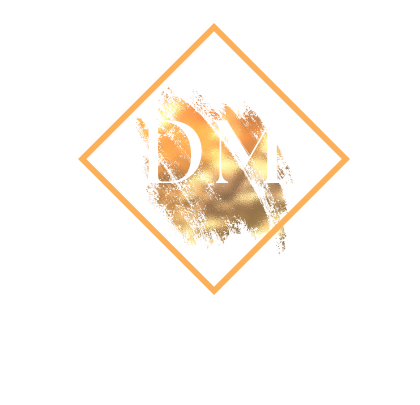
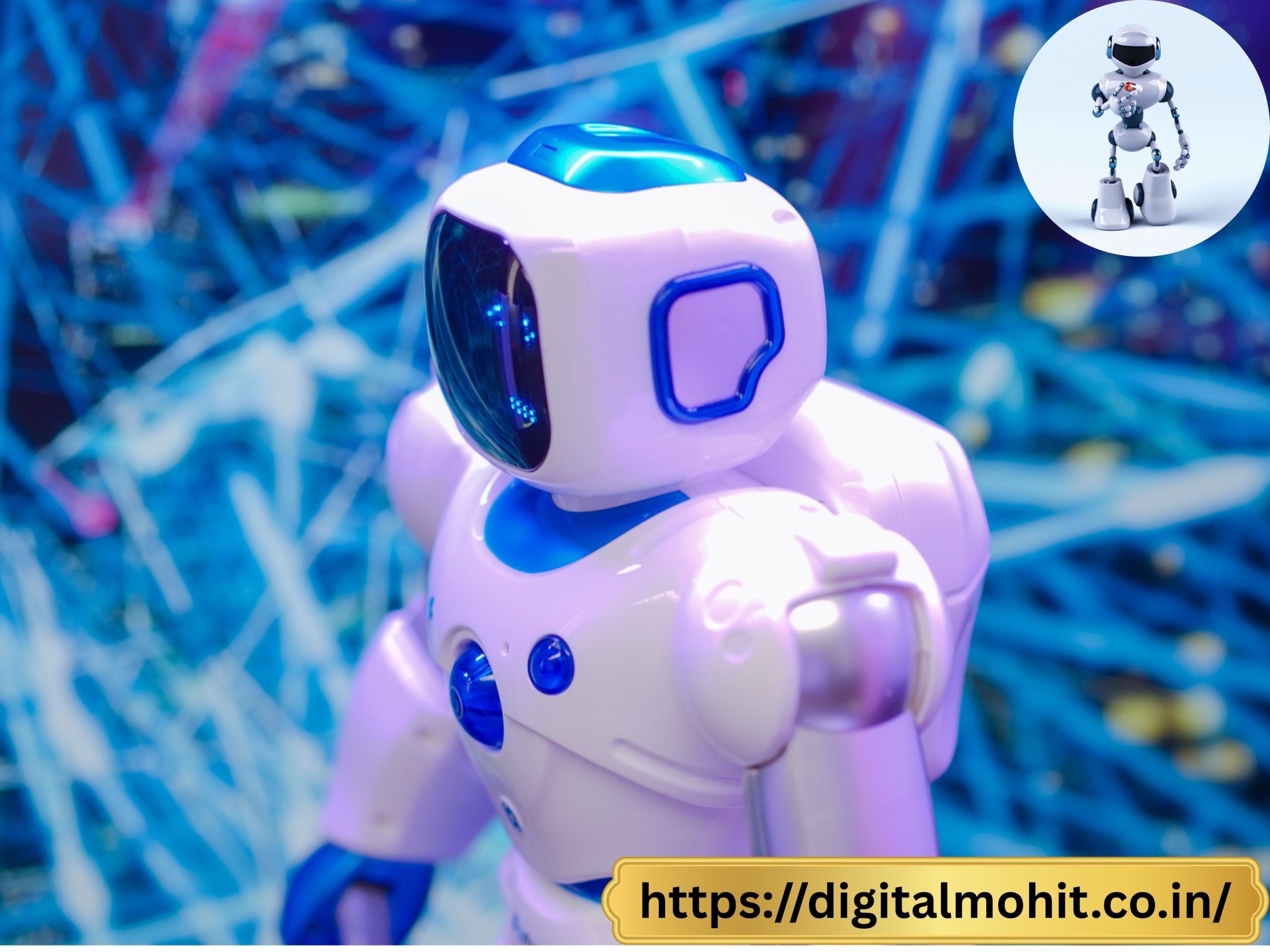


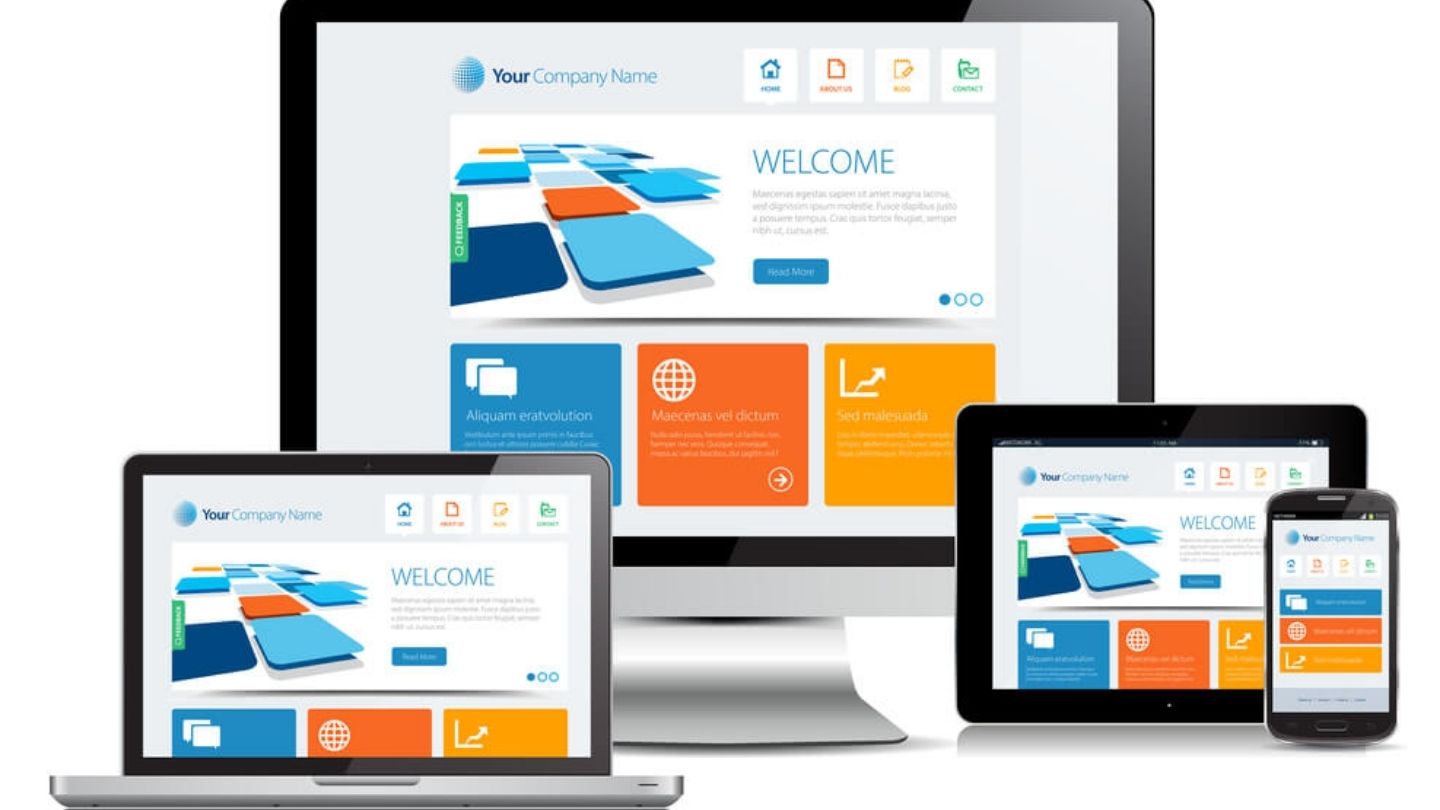
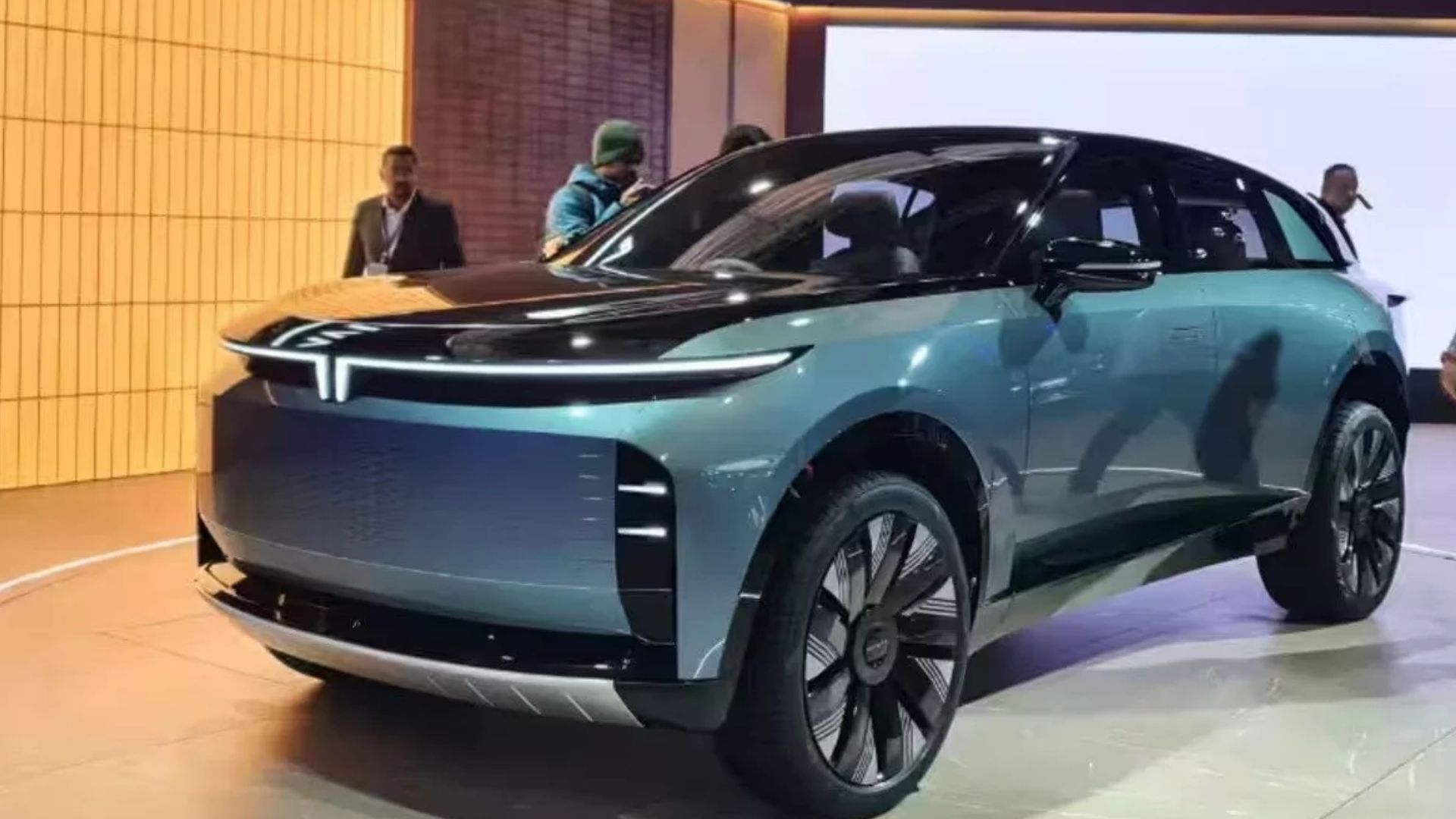





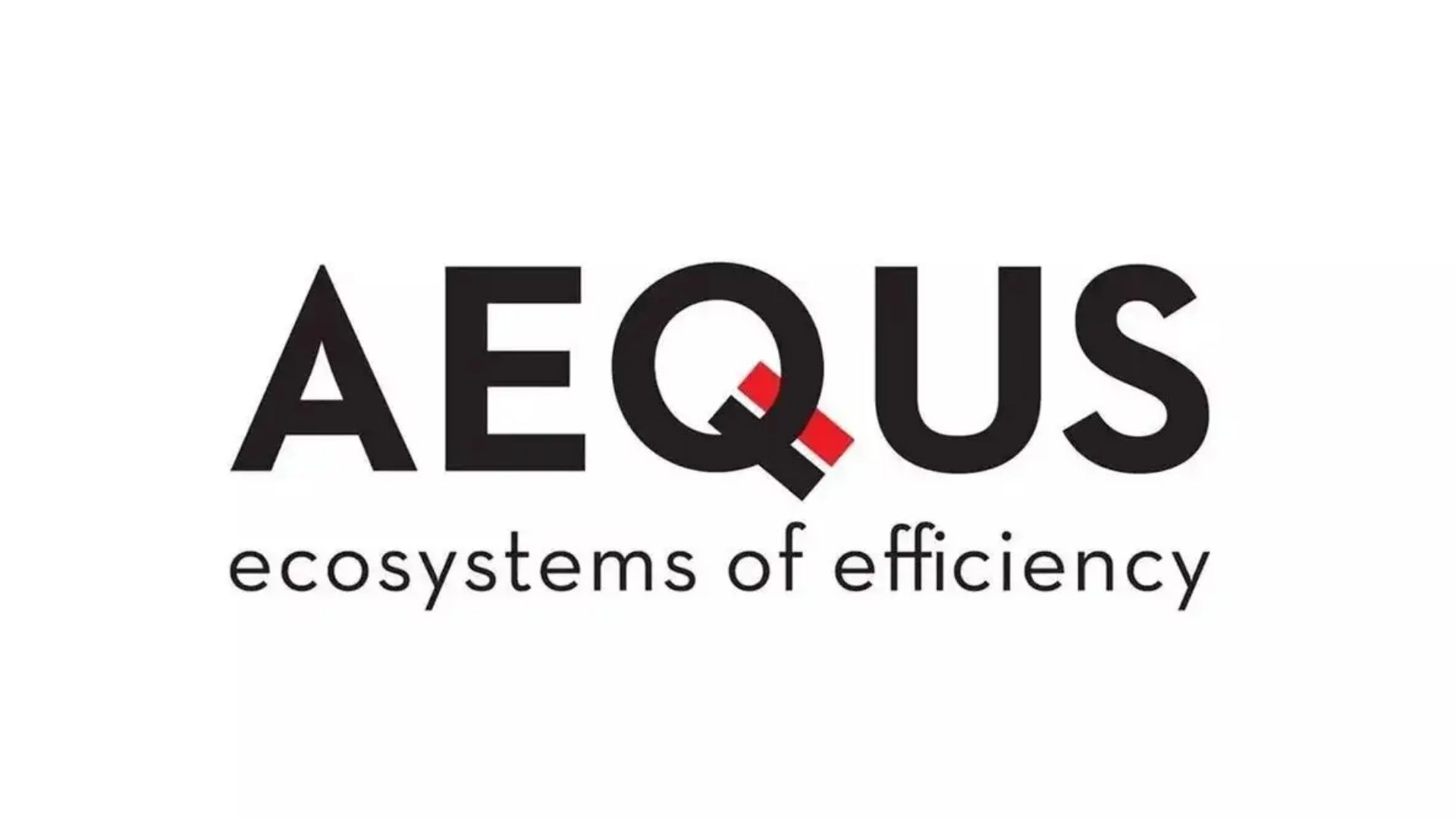




Leave a Reply